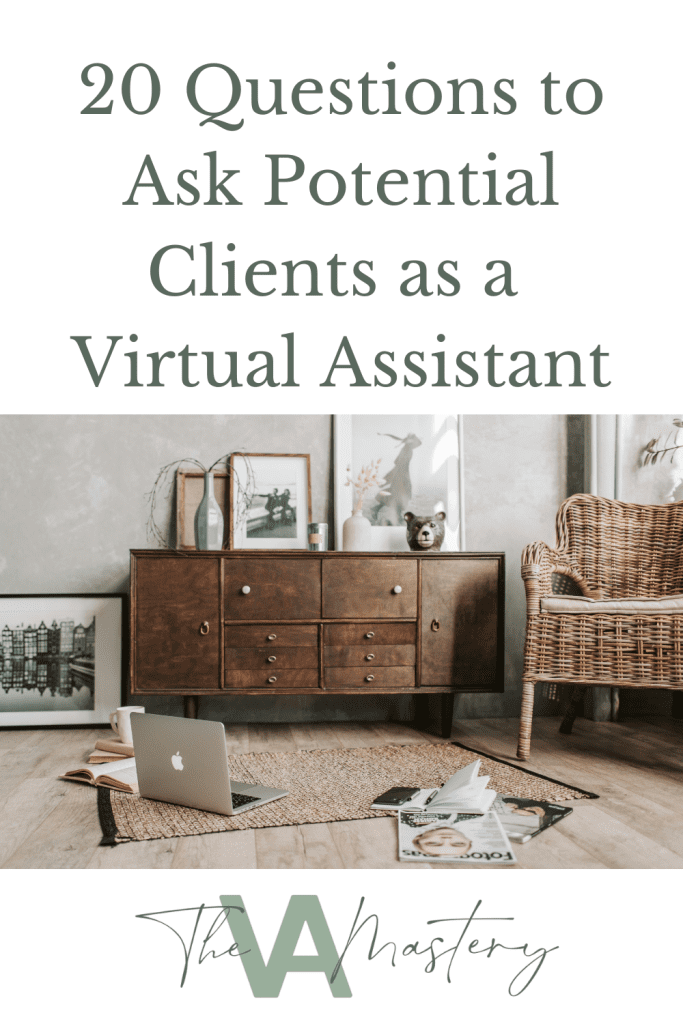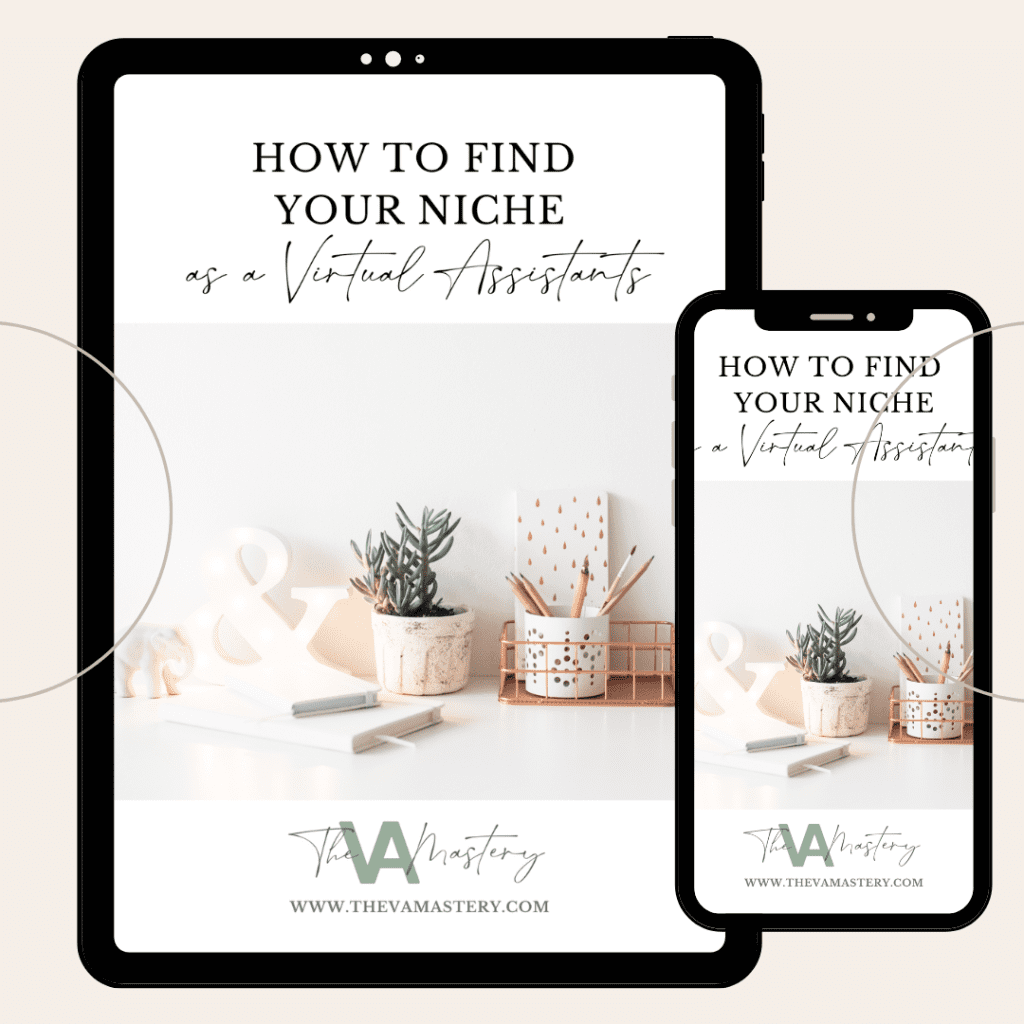As a Virtual Assistant (VA), asking the right questions during initial conversations with potential clients is crucial. This ensures you understand their needs, expectations, and the scope of work, setting the stage for a successful working relationship. Here are 20 essential questions to ask potential clients to help you get a clear picture of what they require and how you can best assist them.
1. Can You Describe Your Business and Its Main Goals?
Understanding the client’s business and goals provides context for the tasks you will be performing and how they align with the client’s overall objectives.
2. What Specific Tasks Do You Need Help With?
Identify the exact tasks the client needs assistance with, whether they are administrative, technical, or creative, to determine if they match your skill set.
3. How Many Hours Per Week Do You Require My Services?
Knowing the expected workload helps you manage your schedule and set appropriate boundaries.
4. What Are Your Primary Communication Tools and Preferences?
Understanding how the client prefers to communicate (e.g., email, Slack, Zoom) ensures smooth and efficient communication.
5. What Are Your Preferred Working Hours?
Aligning your availability with the client’s preferred working hours helps avoid any potential scheduling conflicts.
6. Can You Describe Your Ideal Virtual Assistant?
This question helps you understand the client’s expectations and the qualities they value in a VA.
7. How Do You Prefer to Receive Updates and Reports on Progress?
Clarifying the client’s preferred method and frequency of updates ensures you keep them informed in a way that suits them.
8. What Are Your Main Priorities and Deadlines?
Understanding priorities and deadlines helps you manage tasks effectively and meet the client’s expectations.
9. Do You Have Any Specific Software or Tools You Want Me to Use?
Knowing the tools and software the client prefers or requires allows you to familiarize yourself with them beforehand.
10. How Do You Handle Confidential Information?
Understanding the client’s protocols for handling sensitive information ensures you comply with their security and privacy standards.
11. What Is Your Budget for VA Services?
Discussing the budget upfront helps set clear financial expectations and ensures that your rates align with the client’s budget.
12. Are There Any Ongoing Projects or Upcoming Events I Should Be Aware Of?
Being aware of ongoing and upcoming projects helps you prioritize tasks and prepare for busy periods.
13. How Do You Handle Feedback and Revisions?
Understanding the client’s feedback process ensures you can meet their expectations and make necessary adjustments promptly.
14. Can You Provide Examples of Tasks You Have Delegated in the Past?
Learning about past experiences with VAs or other assistants can give you insights into what has worked well and what hasn’t.
15. What Are Your Long-Term Goals for This Partnership?
Knowing the client’s long-term goals helps you align your efforts with their vision and build a lasting working relationship.
16. Are There Any Specific Challenges You’re Currently Facing?
Understanding the client’s challenges allows you to tailor your services to address their most pressing needs.
17. Do You Have Any Preferred File-Sharing Methods?
Knowing the client’s preferred file-sharing methods (e.g., Google Drive, Dropbox) ensures smooth and efficient document management.
18. How Do You Measure Success for the Tasks You’re Delegating?
Understanding how the client measures success helps you focus on what matters most and meet their expectations effectively.
19. Can You Describe Your Company Culture?
Getting a sense of the company culture helps you tailor your communication and work style to fit the client’s environment.
20. Are There Any Upcoming Deadlines or Critical Tasks I Should Be Aware Of?
Knowing about any immediate deadlines or critical tasks helps you prioritize your work and ensure timely delivery.
Asking these 20 questions during initial conversations with potential clients helps you gain a comprehensive understanding of their needs, expectations, and working style. This information is essential for building a successful and productive working relationship. By being thorough and proactive in your inquiries, you can position yourself as a competent and reliable Virtual Assistant ready to meet the client’s needs.







